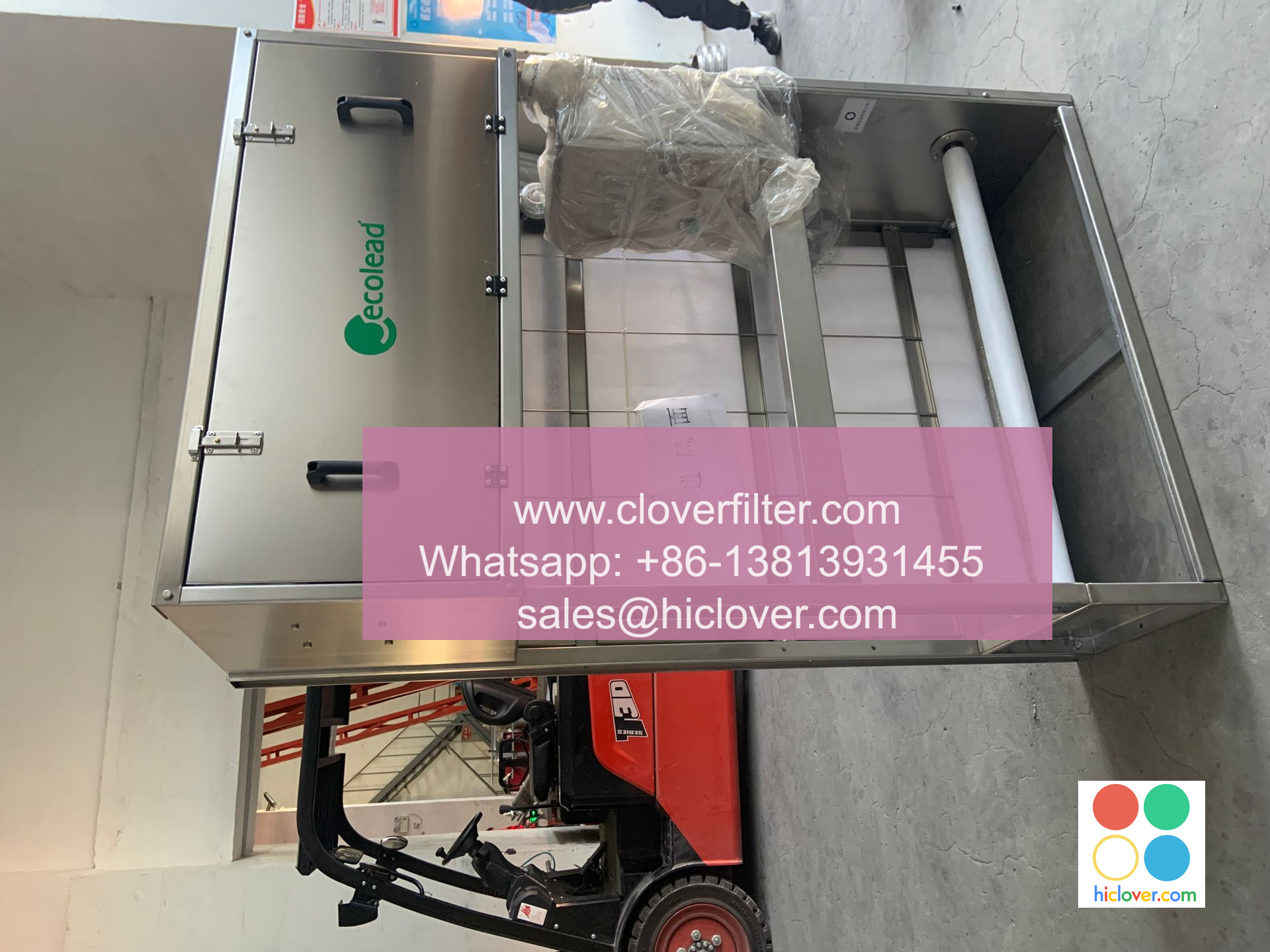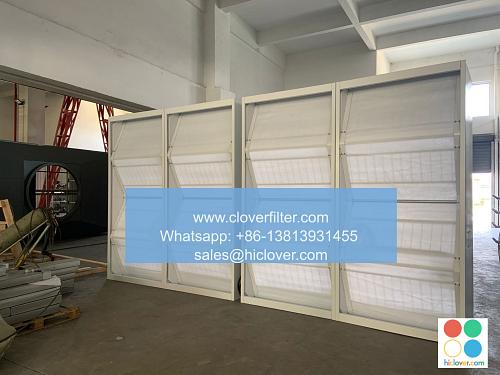The Importance of UV Air Purification in HVAC Systems

The Importance of UV Air Purification in HVAC Systems
Introduction
Indoor air quality is a growing concern for building owners, occupants, and HVAC professionals. With the increasing awareness of the importance of clean air, UV air purification has emerged as a vital component in HVAC systems. In this article, we will explore the significance of UV air purification in HVAC systems and highlight its various application areas.
What is UV Air Purification?
UV air purification is a technology that uses ultraviolet light to kill or inactivate microorganisms, such as bacteria, viruses, and fungi, that can be present in the air. This technology is designed to work in conjunction with traditional HVAC systems to provide a cleaner and healthier indoor environment.
Benefits of UV Air Purification
The benefits of UV air purification in HVAC systems are numerous:
- Improved Indoor Air Quality: UV air purification helps to remove airborne pathogens, allergens, and pollutants, resulting in improved indoor air quality.
- Reduced Energy Consumption: By reducing the amount of pollutants and contaminants in the air, UV air purification can help to reduce energy consumption and extend the lifespan of HVAC equipment.
- Increased Efficiency: UV air purification can help to improve the efficiency of HVAC systems by reducing the amount of maintenance required and minimizing the risk of equipment failure.
- Enhanced Occupant Health: UV air purification can help to reduce the spread of illnesses and improve occupant health by removing airborne pathogens and allergens.
Application Areas
UV air purification is an effective solution for various application areas, including:
- Commercial Buildings: UV air purification is particularly important in commercial buildings, where large numbers of people congregate and the risk of airborne pathogens and allergens is higher.
- Healthcare Facilities: UV air purification is critical in healthcare facilities, where the risk of airborne pathogens and allergens is extremely high and the need for clean air is paramount.
- Schools and Educational Institutions: UV air purification is important in schools and educational institutions, where children and young adults are more susceptible to airborne pathogens and allergens.
- Residential Buildings: UV air purification is also important in residential buildings, where the risk of airborne pathogens and allergens is lower, but still present.
How UV Air Purification Works
UV air purification works by using ultraviolet light to kill or inactivate microorganisms that are present in the air. The process involves:
- Airflow: Air is drawn into the UV air purification system through a fan or blower.
- UV Light: The air is then exposed to UV light, which is emitted by a UV lamp or array.
- Microorganism Inactivation: The UV light inactivates or kills the microorganisms present in the air, resulting in a cleaner and healthier indoor environment.
Conclusion
UV air purification is a vital component in HVAC systems, providing numerous benefits, including improved indoor air quality, reduced energy consumption, increased efficiency, and enhanced occupant health. Its application areas are diverse, including commercial buildings, healthcare facilities, schools and educational institutions, and residential buildings. By incorporating UV air purification into HVAC systems, building owners and occupants can enjoy a cleaner, healthier, and more comfortable indoor environment.
I’m happy to help! However, I don’t see a prompt from you. Could you please provide one? What would you like to talk about or ask? I’m here to assist you with any questions or topics you’d like to discuss.

